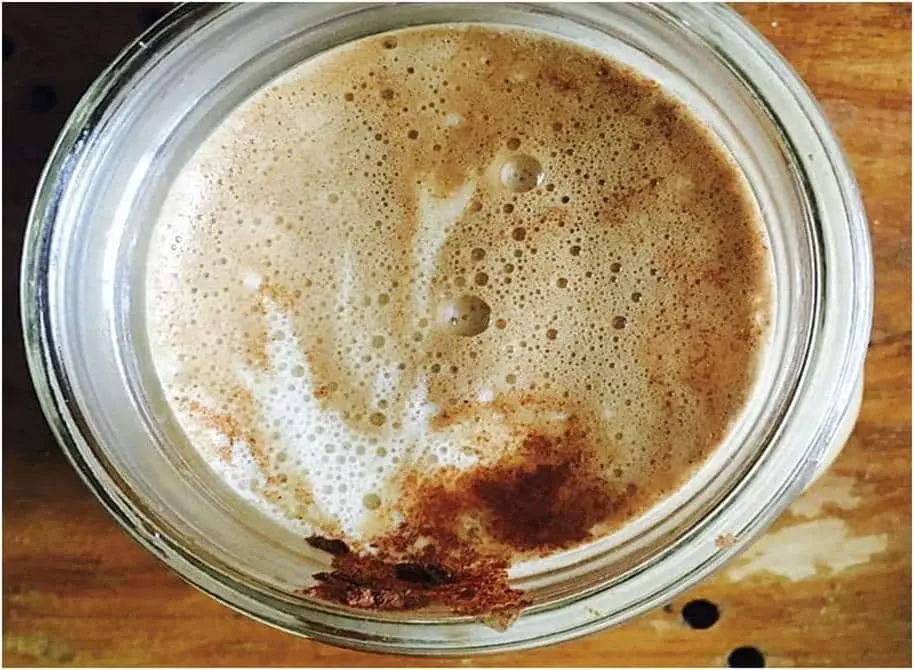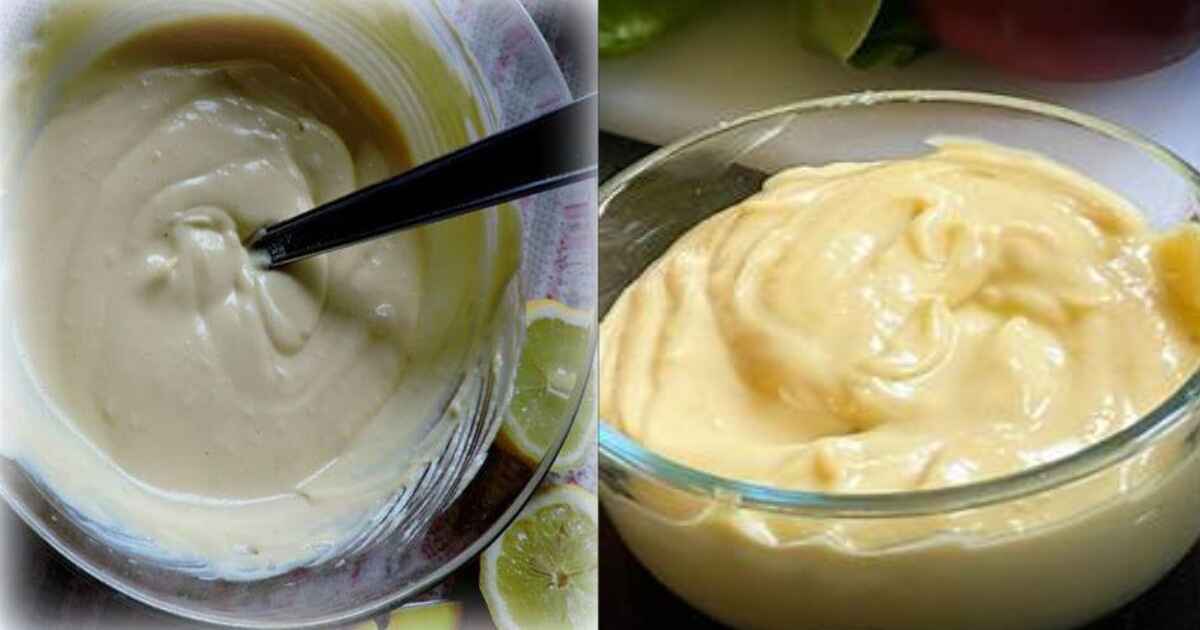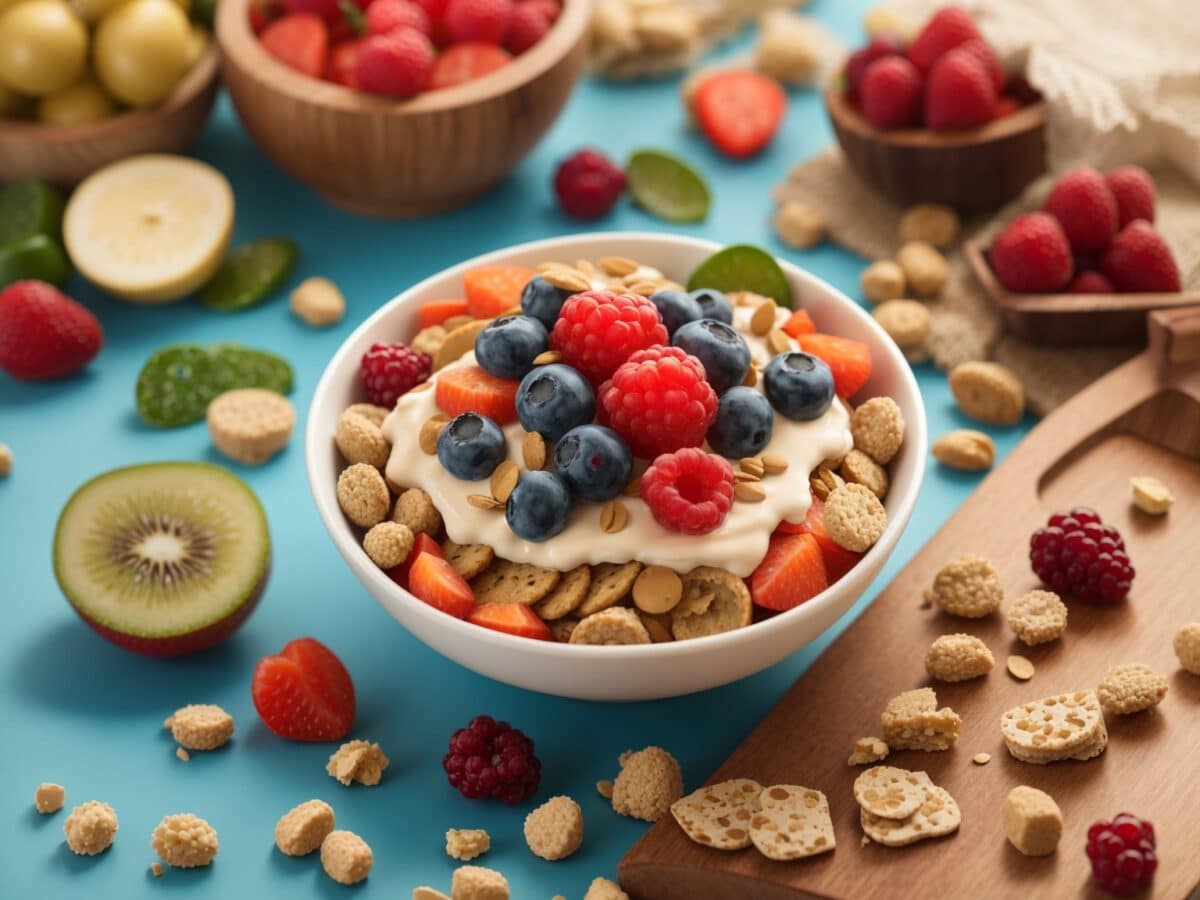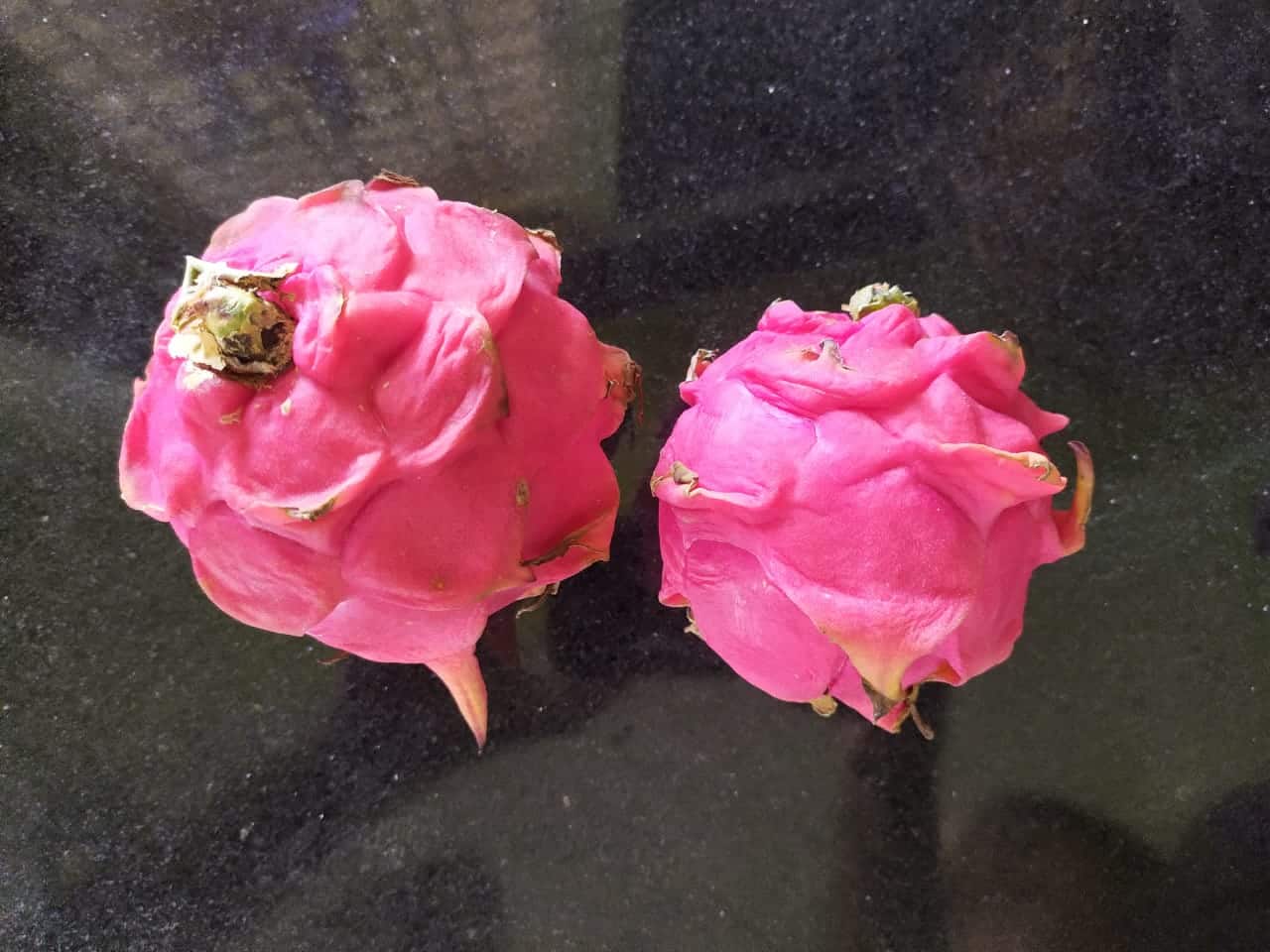The Art of a Balanced Diet: In our fast-paced modern world, maintaining a balanced diet often takes a back seat to our busy lives. However, the significance of a balanced diet cannot be overstated, as it plays a pivotal role in supporting our overall well-being. A balanced diet isn’t just about eating the right foods; it’s about nourishing your body with a variety of nutrients to ensure it functions at its best. Let’s delve into the art of a balanced diet and uncover how it contributes to a healthier and more vibrant life.
The Art of a Balanced Diet:
In a world bombarded with fad diets and conflicting nutritional advice, the concept of a balanced diet stands firm as a reliable foundation for overall health. A balanced diet isn’t about strict restrictions; rather, it’s about making informed choices that fuel your body with the nutrients it requires.
Understanding a Balanced Diet
At its core, a balanced diet encompasses a diverse array of foods from different food groups. It’s a harmony between carbohydrates, proteins, fats, vitamins, minerals, and fiber. The goal is to provide your body with the right balance of nutrients to function optimally. ‘The Art of a Balanced Diet: Nourishing Your Body for Optimal Health’
The Core Components of a Balanced Diet
Carbohydrates: These are your body’s primary energy source. Opt for complex carbohydrates like whole grains, fruits, and vegetables.
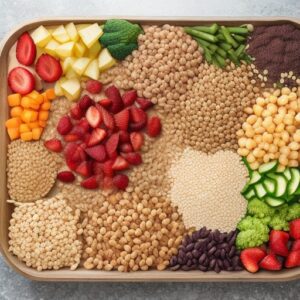
Proteins: Essential for growth and repair, proteins can be found in lean meats, poultry, fish, beans, and legumes.

Fats: Healthy fats support cell growth and protect organs. Include sources like avocados, nuts, seeds, and olive oil.

Vitamins and Minerals: These micronutrients are crucial for various bodily functions. Consume a variety of colorful fruits and vegetables.
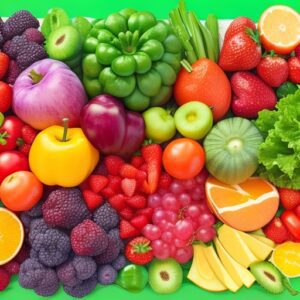
Fiber: Found in whole grains, fruits, vegetables, and legumes, fiber aids digestion and helps maintain a healthy weight.
Benefits of Embracing a Balanced Diet
By adopting a balanced diet, you unlock a plethora of benefits. From increased energy levels to improved digestion, balanced diets lay the foundation for a healthier lifestyle.
Practical Tips for Achieving a Balanced Diet
- Plan your meals ahead to ensure variety and nutritional balance.
- Control portion sizes to prevent overeating.
- Stay hydrated by drinking plenty of water throughout the day.
- Limit processed foods high in sugars, salt, and unhealthy fats.
- Incorporate leafy greens and colorful foods to maximize nutrient intake.
The Role of Hydration
Staying hydrated is often underestimated, but it’s integral to a balanced diet. Water aids digestion, regulates body temperature, and supports various bodily functions.
Common Challenges and How to Overcome Them
Maintaining a balanced diet can be challenging amidst our busy lives. Combat these challenges by practicing mindful eating, cooking at home, and seeking support from friends and family.
Physical Activity:
Pairing regular exercise with a balanced diet amplifies its benefits. Physical activity boosts metabolism, enhances mood, and contributes to overall well-being.
The Mind-Body Connection
A balanced diet not only fuels the body but also nurtures the mind. Nutrient-rich foods are known to positively impact cognitive function and mental clarity.
Customizing Your Balanced Diet
Each person’s nutritional needs are unique. Consider factors such as age, gender, activity level, and health goals when tailoring your balanced diet.
Navigating Special Dietary Needs
Individuals with specific dietary needs, such as allergies or medical conditions, can still achieve a balanced diet by working with healthcare professionals and dietitians.
Incorporating Cultural and Personal Preferences
Celebrate diversity by incorporating traditional and personal food choices into your balanced diet. This promotes a sense of identity and enjoyment in eating.
Creating Healthy Eating Habits for Children
Instilling balanced eating habits in children sets the stage for a lifetime of good health. Make meals enjoyable, involve them in cooking, and be a role model for healthy choices.
Eating Out the Balanced Way
Eating out doesn’t have to derail your balanced diet. Opt for grilled options, ask for dressings on the side, and practice portion control.
Conclusion
In a world inundated with dietary trends, the art of a balanced diet remains timeless and science-backed. By embracing this art, you gift your body the vitality it deserves. A balanced diet isn’t a temporary fix; it’s a sustainable lifestyle that promises improved well-being, increased energy, and a higher quality of life.
FAQs
Can I lose weight with a balanced diet?
Yes, a balanced diet can support weight loss by promoting healthy eating habits and providing the necessary nutrients.
Is it okay to indulge occasionally?
Absolutely! Occasional indulgences are part of a balanced lifestyle. The key is moderation.
Can I follow a balanced diet as a vegetarian?
Certainly! A vegetarian diet can be well-balanced by including a variety of plant-based proteins, whole grains, and vegetables.
How do I know if I’m getting all the necessary nutrients?
Consulting a registered dietitian can help you assess your nutrient intake and make necessary adjustments.
Is a balanced diet suitable for children?
Yes, a balanced diet is crucial for children’s growth and development. Encourage nutrient-rich foods and limit sugary snacks.

